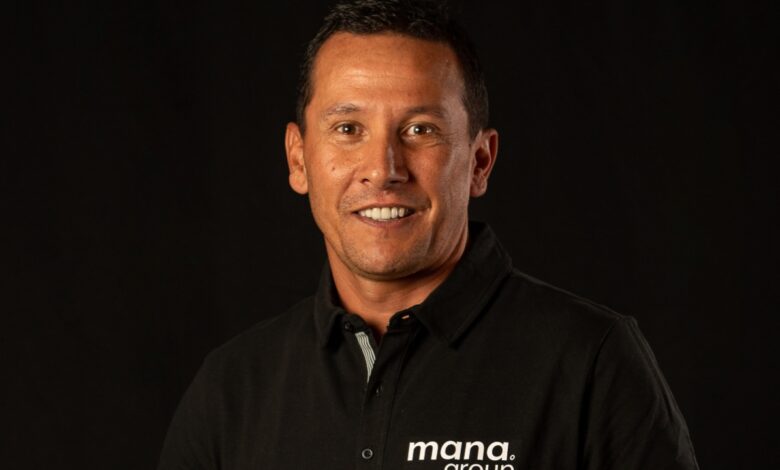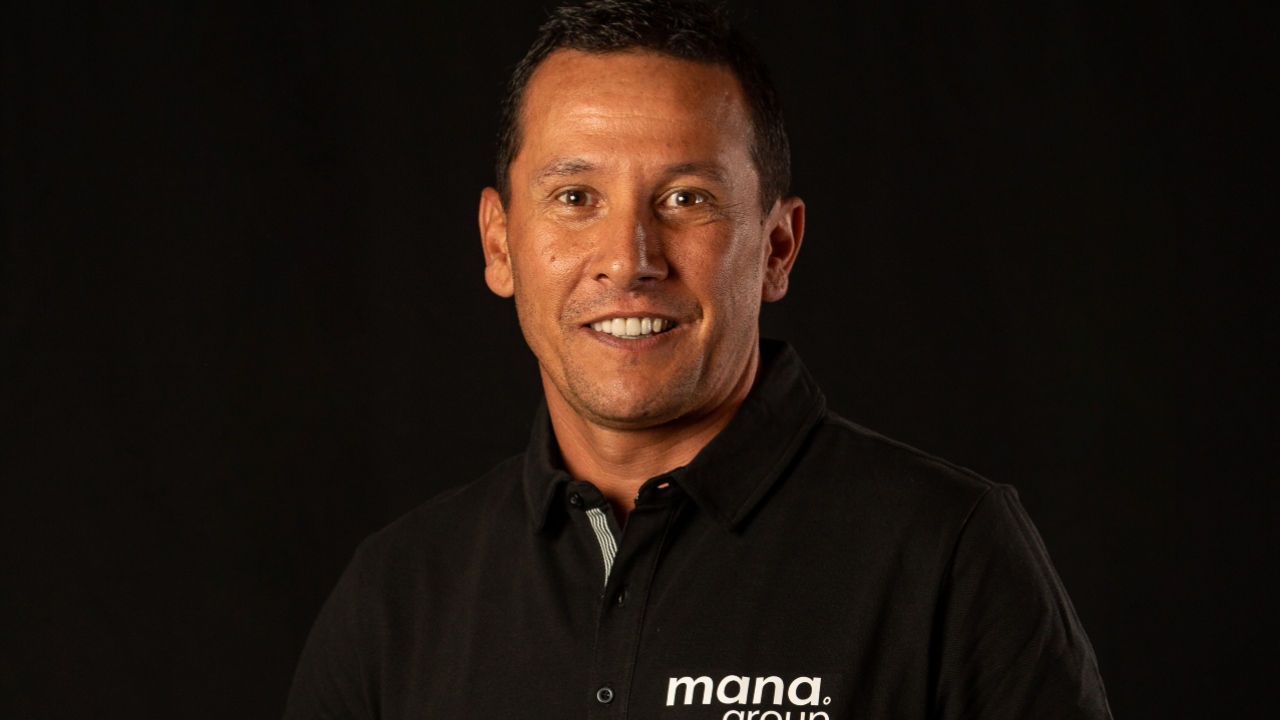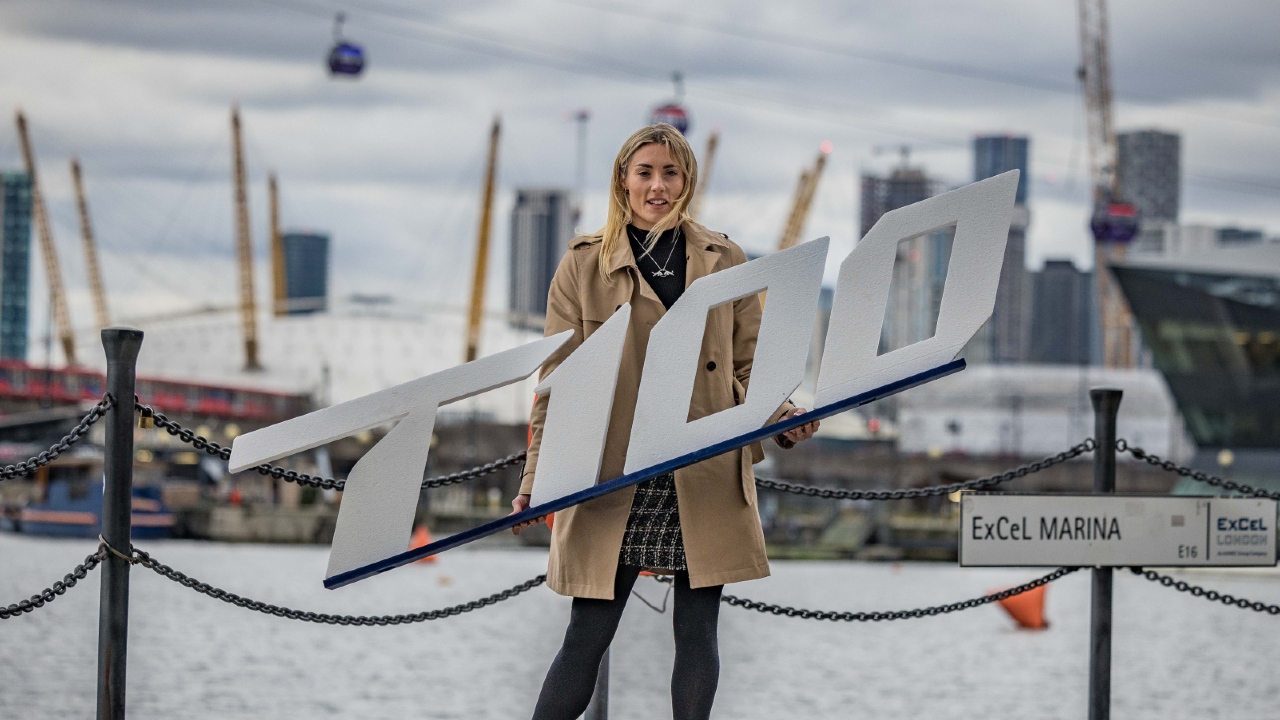Chris McCormack on the PTO’s T100 Miami TV broadcast, and the future of elite triathlon

As that much-hyped T100 Miami race – and TV broadcast – moved towards its conclusion on Saturday in Florida, the frustration from Chris McCormack was palpable. Frustration and disappointment.
The two-time IRONMAN world champion has worn many hats in sports media since ending his career as an elite athlete, as a broadcaster and senior executive with the likes of supertri, Mana SEG and that much-hyped Sub7Sub8 Project among others.
McCormack knows just how difficult it is for a disruptor to succeed in this space. He knows that while it may be easy to secure investment, it is difficult to deliver a quality product and consistent quality.
We have already provided our own take on the PTO’s broadcast coverage of Saturday’s race in an opinion editorial this week, and we approached McCormack to ask him for added context about his comments on social media.
The Australian star was keen to point out that his frustration comes from the desire for the sport of triathlon to succeed on a bigger stage. He is acutely aware that his comments could simply be perceived as sour grapes from a senior executive at a rival triathlon series.
When hype meets reality
“I don’t think I was the only one who was bitterly disappointed with the coverage of the event,” he told us.
“Firstly it needs to be said, that being critical of something does not mean you wish to see it fail or are happy about the outcome.
“To be honest my expectations and hopes were that the event and the series meets up to the hype that has been pushed out around “game-changing content” and moving the bar of this sport forward. It’s what we’ve been doing with supertri in short-course racing for the past five seasons, and I would love to see the PTO do the same in long-course.”
“I find it frustrating at times that in triathlon we live in an echo chamber and being critical of anything is met with pushback and a ‘just mind your own business’ attitude.”
McCormack claims his key point here is about the intersection of hype and reality. The PTO has been vocal about its goal to make triathlon “one of the biggest entertainment products in the world” (Chris Kermode, January 2024), and McCormack says its output must therefore be viewed through that lens.
“The problem you have with being a proclaimed disruptor and making huge claims is that you have to be critical of everything and you have to truly expect more from everyone and everything. The coverage of the event on the weekend was like stepping back in time 40 years and watching triathlon in the 1990s.
“Now this is fine, and many say we should just be happy to have our sport presented on television, but anyone with any knowledge of the sports industry and the value of content and eyeballs will tell you, that sport doesn’t exist in a vacuum and the commercial side of sport is valued against many things, but from a broadcast point of view the content quality and output, the storytelling, camera selection and director cuts from a live perspective, live planning, branding and the product itself.
“So much of this was left on the table and to be honest I was disappointed for the sport that we continue to make the same errors and an organisation like the PTO allowed this to happen.”

Outlining the challenges
McCormack spoke in detail about the challenges that broadcasters like supertri and others face when putting together their broadcast packages. He believes the PTO fell short in key areas in Miami on Saturday.
“When you outsource your production, which most of us do, it is imperative you have a clear and defined brief on what the visuals for the race need to look like, and align this with your fixed camera positions, your camera focus shots (long shots versus up-close shots) and align that with a broader story narrative that tends to take place in front of your eyes.
“Triathlon is a unique sport compared to so many others as we move from water to fast bicycles to running, so this transition of pace needs to be aligned. It was obvious from the coverage on the weekend that none of this had been planned and no-one at PTO is driving this sort of content output with any idea of what the product needs to look like.
“Claiming to be disruptive because you change the distances of the sport and call it a trendy name is just ridiculous.”
“Sure the professionals will yell and scream that it’s wonderful because they are paid, but we are not talking about the money here. We are talking about the sustainability of the sport and its place amongst other sports competing for commercial partners and the same air time.”
Push the boundaries
No nascent outlet or broadcaster is immune to making errors, and McCormack freely admits he has been there and done that. But he believes the hype around the PTO and its mission means boundaries must be pushed, and excellence delivered.
“I think in any venture you are involved in, it’s imperative that you put the focus first on product, and delivering on what you claim you will achieve. That’s the way I have always operated.
“I have made many of the mistakes, and when we delivered the Sub7Sub8 event in the midst of COVID we were aware of the lack of crowds and what this looks like on a TV broadcast (how can you claim this is the biggest sport in the world and then show that no-one even locally finds it exciting enough to turn up?) It’s about ensuring you cut tight camera angles and bring the athlete to the front as the hero.
“It is tough to do, but being disruptive makes you push barriers and absolutely none of this was done.”
McCormack claims he has offered to help the PTO in the past – he says he is keen for it to succeed and that this is not about egos. He believes “the sport can’t afford to have another failing entity”. He believes drastic improvement is required, and fast.
“Graphics told no story. No-one even planned the graphic packages or aligned the commentators with the story narrative set from set graphics packages (this is sport broadcast 101) and I am not sure how PTO even does this, but truly this needs to be brought in-house and working with a single production house for the entire series needs to be at the top of the push.
“It seems we have an obsession with making huge claims and pushing out short-form social content, but when the long-form broadcast content is so poor (we even lost audio for more than 22 minutes of the coverage) you’re dealing with a Mickey Mouse product that is actually bad for the sport.”
Which way now for triathlon?
There is no doubt that 2024 is a pivotal year for the sport of triathlon when it comes to cutting through into the mainstream.
The birth of both the T100 Triathlon Series and the IRONMAN Pro Race Series, plus the continued growth of Supertri and WTCS competition in an Olympic year mean more prize money and opportunities. But they also mean an ever more crowded calendar and an even bigger challenge to stand out.

Miami on Saturday marked the first real milestone in this huge year, and first impressions last. McCormack claims what he saw was just not good enough, and more worryingly he says it makes him fear for the future.
“When you claim to be the future of the sport, then you put your head up for critics and the only future I see with this product being done as it is, is investors losing a significant amount of money. I see no sustainability outside of investor capital in this product and if it continues like this the PTO will be gone as quickly as it came.”



